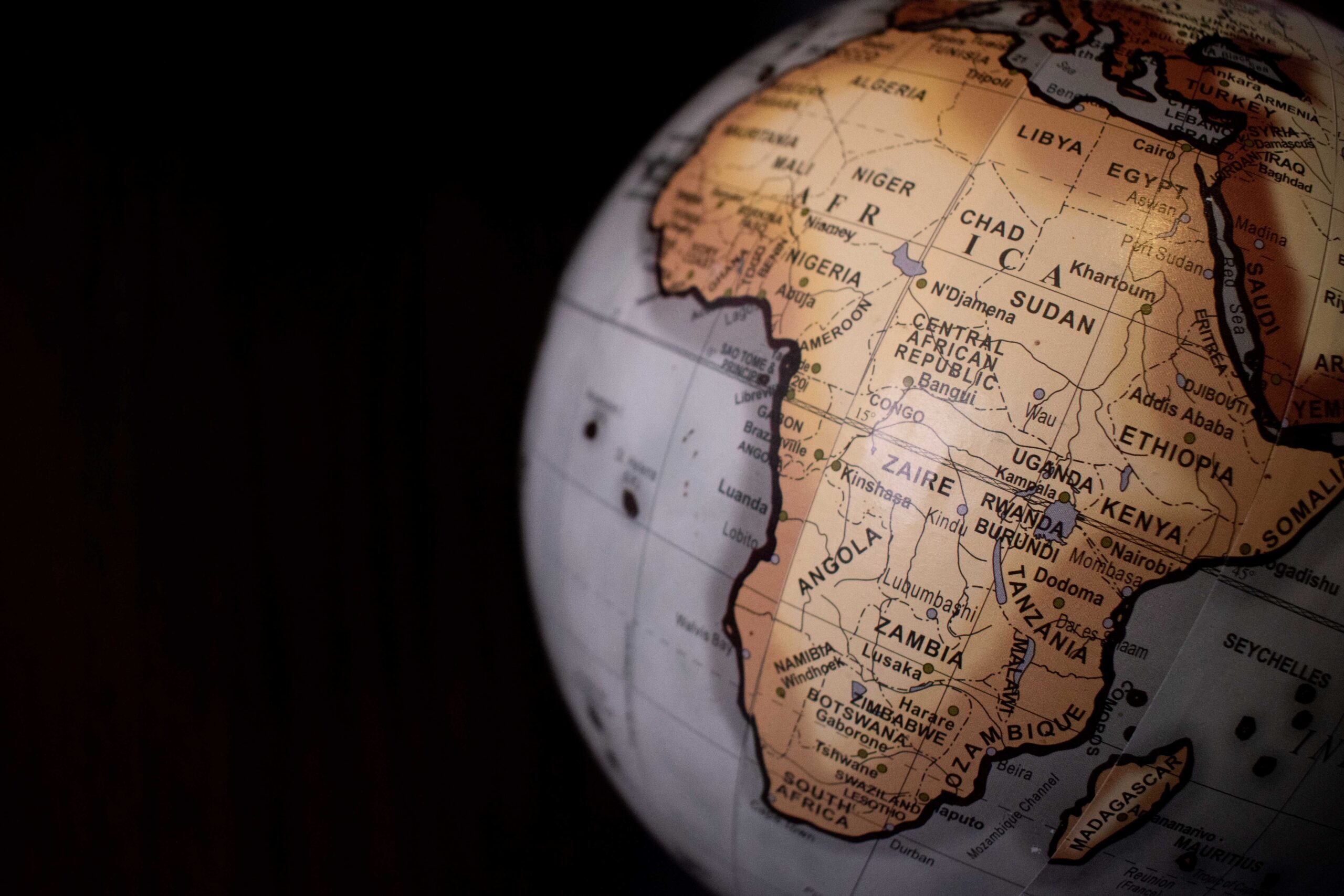In the plethora of dialects and languages across the African continent, the Kiswahili language emerges as a beacon of unity, interconnecting various nations through a shared linguistic thread. With the pervasive influence of colonial languages still lingering, the embracement of Kiswahili by more African nations, notably Uganda’s recent adoption, signifies a substantial step toward an integrated and harmonious Africa.
In a continent fragmented by a myriad of languages, the imposition of European tongues—English, French, and Portuguese—during the colonial era was not a benign cultural exchange but a tool for domination and exploitation. These languages became prioritized avenues for economic, social, and educational transactions, overshadowing the rich tapestry of indigenous languages, undermining traditions, histories, and indigenous economic systems.
However, this emphasis on colonial languages persists. For instance, Mali’s decision to exclude French as an official language is indicative of the ongoing struggle against former colonial powers. In the wake of such movements, the acceptance of Kiswahili as a unifying language is more relevant than ever.
The Kiswahili language’s origins trace back to East Africa, yet it is more than just a mode of communication—it is a reservoir of African history and tradition. It resonates with shared cultural echoes found in various “Bantu” languages like ChiShona, isiZulu, and isiXhosa, knitting together a vast, diverse community of over 200 million speakers across over 14 countries.
The recent adoption of Kiswahili as an official language by Uganda and its inclusion as a working language by the African Union underscore its potential as a symbol of Pan-African identity and solidarity. Furthermore, the initiative taken by universities in Cape Town and Addis Ababa to include Kiswahili in their curricula illuminates its evolving status in the academic domain.
Africa has recently witnessed a surge in coups, a reflection of the internal strife and dissensions within various nations. The pervasive political instability underscores the urgency to establish coherent, unifying frameworks within the continent. The propagation of Kiswahili can act as a stabilizing factor, fostering mutual understanding and coexistence, and mitigating the detrimental impacts of political upheavals.
The persisting dominance of colonial languages is a constant reminder of a past marked by subjugation. The institutionalization of Kiswahili is not just a stride towards linguistic unity but a reclaiming of African dignity, a move to heal the wounds imbued by colonial exploitation. African leaders must intensify efforts to diminish the dominance of colonial languages, thereby consolidating African identity and fostering intracontinental dialogue.
The widespread adoption of Kiswahili is not merely a cultural endeavor but holds substantial economic implications. It can catalyze the creation of a unified market encompassing 1.1 billion individuals, rejuvenating industries like media, film, and TV. The ability to narrate unexplored, neglected African stories through a shared language can bring forth a cultural renaissance, allowing Africa to assert its cultural richness on the global stage.
The standardization of Kiswahili, with its derivations from the Zanzibari dialect of the language, renders it an accessible and portable linguistic entity. It becomes a conduit for academic collaborations, enabling a shared intellectual space that can counteract the consequences of the West’s medical colonization.
The embrace of Kiswahili by African countries is more than a shift in linguistic preference; it is a step towards self-realization and emancipation from the shadows of colonial subjugation. It can bridge the divides, enriching intercultural interactions, and fortifying intra-African relationships.
The adoption of Kiswahili as an official language and its incorporation in educational curricula across Africa could catalyze a movement away from colonial languages, granting future generations the ability to socialize and learn in an indigenous African language, thereby reshaping the continental identity in the process.
The contemporary significance of Kiswahili is deeply entwined with Africa’s pursuit of unity and identity. As a language steeped in African history and culture, its embracement can facilitate mutual understanding and collaboration amidst the prevailing political and social complexities.
Kiswahili’s ascension to being a unifying force within Africa can challenge the remnants of colonial influences, providing a platform for the realization of a collective African identity. This is not just a movement for linguistic unity; it is a stride towards an Africa where its citizens can interact, learn, and grow in a language that is inherently their own, a language that resonates with the echoes of their ancestral heritage. It is time for Africa to converse in a language that speaks of its history, its struggles, its resilience, and its diversity—Kiswahili.
Image Credit: James Wiseman on Unsplash




